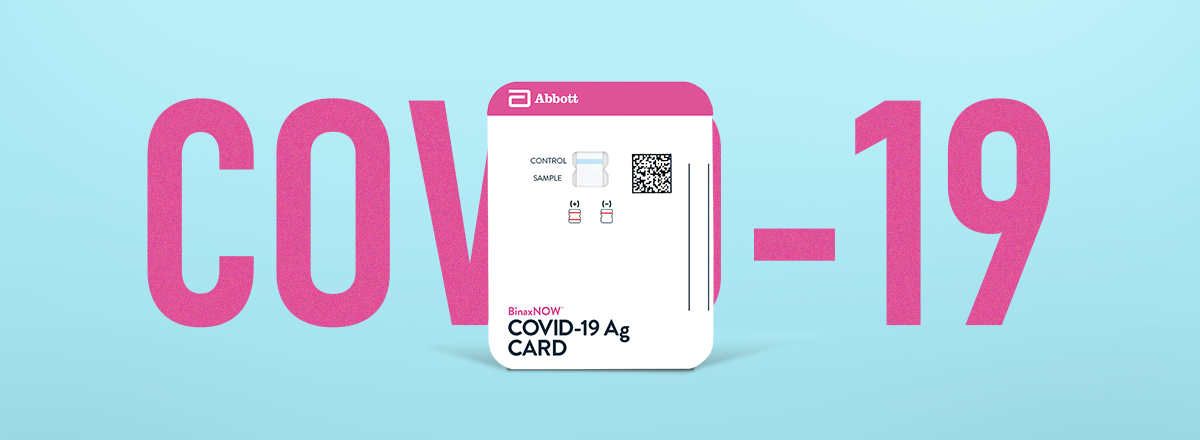The interim results of testing one of the COVID-19 vaccines in the phase of human clinical trials showed an incredibly high efficiency: the shot prevented more than 90% of symptomatic infections in the trial of tens of thousands of volunteers.
UPDATE: We are proud to announce, along with @BioNTech_Group, that our mRNA-based #vaccine candidate has, at an interim analysis, demonstrated initial evidence of efficacy against #COVID19 in participants without prior evidence of SARS-CoV-2 infection.
— Pfizer Inc. (@pfizer) November 9, 2020
The BNT162b2 vaccine, developed by the American pharmaceutical giant Pfizer and the German biotechnology company BioNTech, is now in its final clinical trials.
The current findings are based on an interim analysis after 94 volunteer participants out of 43,538 people from different groups in several countries, divided into two groups (the first one received a placebo and the second – an experimental vaccine), contracted COVID-19. Of those 94 infected, 90% received a placebo, and the rest received the vaccine. Trials will continue until 164 cases are confirmed. Nevertheless, the interim analysis shows very encouraging results.
Commenting on the interim analysis results, Senior Vice President of Pfizer Vaccine Clinical Research and Development, William Gruber, said the results exceeded the company's expectations.
With effectiveness for the first vaccines previously expected to be in the range of 60% to 70%, a rate of more than 90% "is just extraordinary," said Anthony Fauci, director of the National Institute of Allergy and Infectious Diseases.
So far, no serious side effects caused by the Pfizer and BioNTech vaccines have been identified. Collecting the necessary safety data will continue until the third week of November, after which Pfizer will submit a full report to the U.S Food and Drug Administration (FDA). If the regulator does not identify any problems, then Pfizer will apply for a license this month. The European Rolling Review kicked off last month, and BioNTech's CEO said the company is working with regulators to accelerate this process further.

Pfizer and BioNTech expect to produce up to 50 million doses this year, enough to protect 25 million people, and 1,3 billion doses in 2021.
The BNT162b2 vaccine is being tested in a traditional two-dose regimen. Trials began in July, and since most of the volunteer participants received their second injection much later, that's why still no one knows how long immune defenses last.














